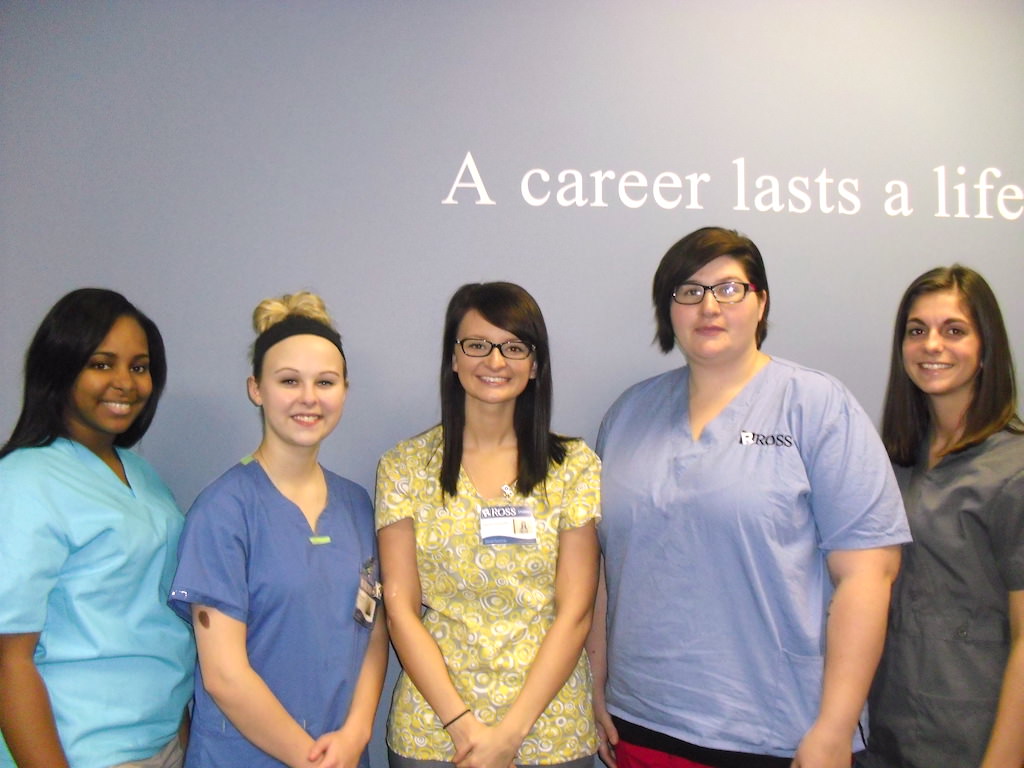 Students, staff, and faculty at Ross Medical Education Center in Dayton, Ohio are always looking for ways to support and help their community, especially when it relates to healthcare needs. That’s why they decided to join the National Marrow Donor Program to help give hope to those with blood cancers.
Students, staff, and faculty at Ross Medical Education Center in Dayton, Ohio are always looking for ways to support and help their community, especially when it relates to healthcare needs. That’s why they decided to join the National Marrow Donor Program to help give hope to those with blood cancers.
When Dannie Terre Moore, Community Engagement Representative of the National Marrow Donor Program, asked Ross students if they knew someone whose life was impacted by blood cancer, nearly all hands were raised. Ms. Moore visited the Dayton Campus to raise awareness about the various types of blood cancer, such as Leukemia, and to inform Ross students about combating blood cancer. Blood cancer is a very common type of cancer; in fact, one person every three minutes is diagnosed with a blood cancer.
Patients with lymphoma, leukemia, and sickle cell anemia rely on marrow transplants. Matching patients with compatible donors is an essential part of the transplant process. Many patients do not have a compatible donor among family members and must look to outside donors. In fact, 70% of patients rely on the registry to find a suitable donor. Bone marrow donations completely rely on genetic factors and the registry seeks donors with a diverse background. Blood type and compatibility have nothing to do with being selected to make a donation. About 70 diseases are known to be treatable with a bone marrow transplant.
Few Ross students were aware that signing up to be a donor was an easy process. The National Marrow Donor Program’s Be the Match Registry only requires paperwork and a cheek swab to determine genetic compatibility factors. Most members of the registry are never called on to donate. Ms. Moore explained to students that not all donations require surgery and even for procedures procuring bone marrow, patients are back to their normal routine within a week. Currently, there are about 12.5 million bone marrow donors in the registry. After watching an informative clip, students were able to collect information on the registry and begin the first steps to becoming a bone marrow donor.
To learn more or join the Be the Match Registry yourself, visit the Be the Match Facebook page or their website at bethematch.org.
